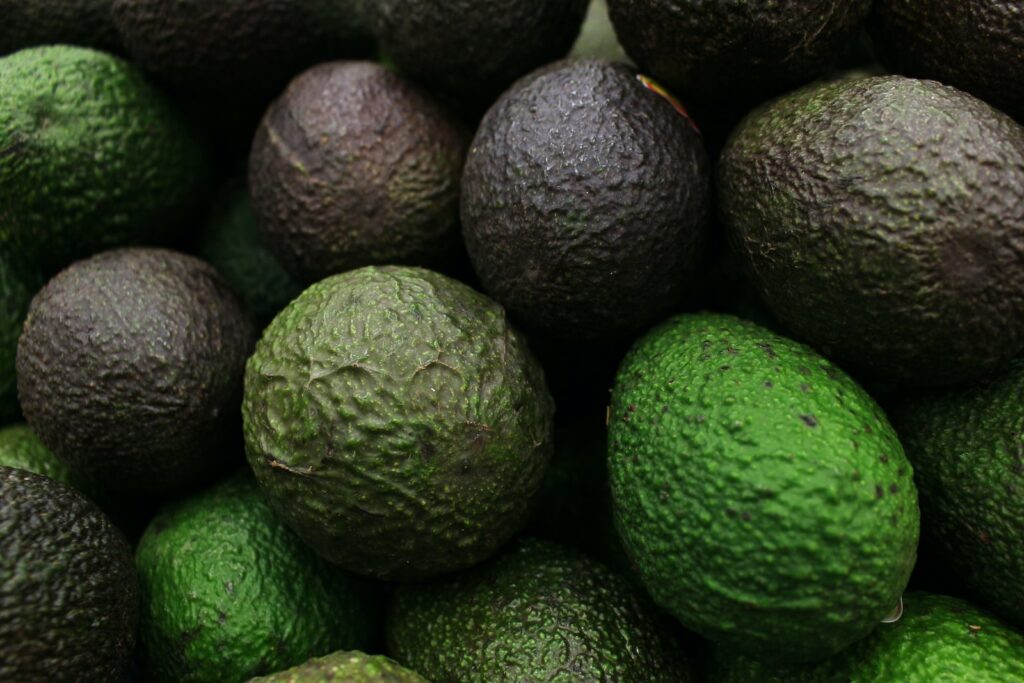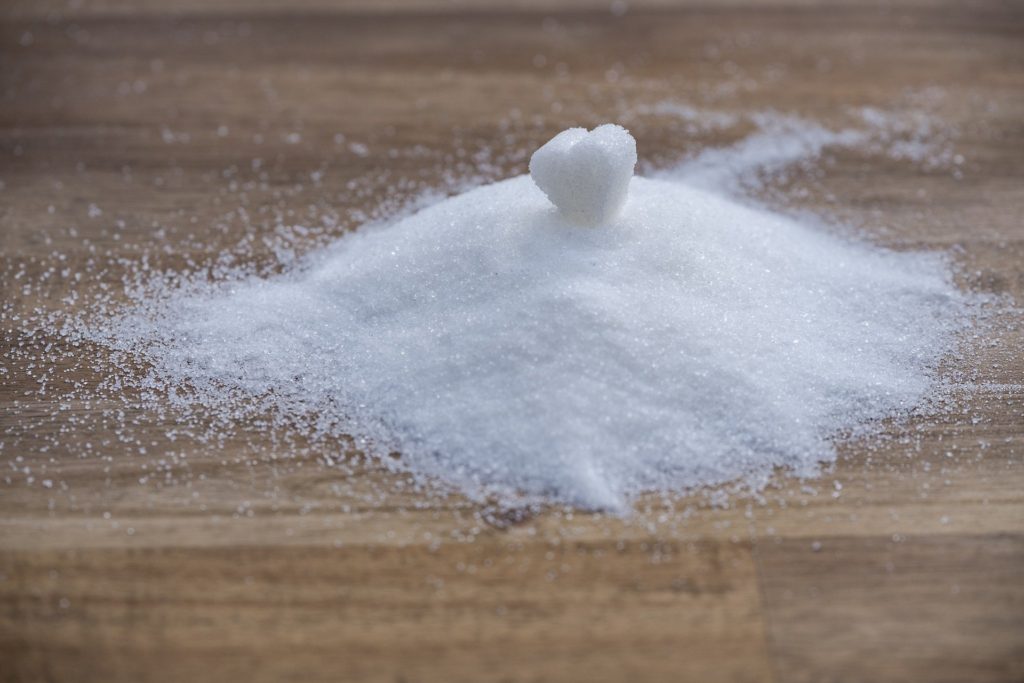Ketosis is a metabolic state in which your body burns fat for energy instead of carbohydrates. It is considered to be an important factor in weight loss as it helps to reduce insulin levels, increase metabolism, and suppress appetite.
The purpose of this article is to answer the question, “Can you still lose weight if you aren’t in ketosis?” and provide an understanding of weight loss and how it works.
Understanding Weight Loss
Weight loss occurs when you burn more calories than you consume. The key to successful weight loss is creating a calorie deficit, but simply reducing calories alone may not be enough for sustainable weight loss.
The combination of a ketogenic diet and a calorie deficit is the solution for effective weight loss.
Reducing the number of carbohydrates in your diet through the ketogenic diet and engaging in intermittent fasting can help to lower insulin levels and reduce cravings, making it easier to stick to a calorie deficit and achieve weight loss.
When you simply reduce your calorie intake without considering other factors, such as insulin levels, your body may start to respond by slowing down your metabolism, reducing the rate at which you burn calories, and increasing cravings.
This can make it difficult to stick to a calorie deficit, and once you increase your calorie intake, you may start to gain weight again.
By reducing carbohydrates and insulin levels through the ketogenic diet and intermittent fasting, you can improve your metabolism and reduce cravings, making it easier to stick to a calorie deficit and achieve sustainable weight loss.

Does Being in Ketosis Guarantee Weight Loss?
While being in ketosis is an important factor in weight loss, it is not a guarantee that you will lose weight. There are several factors that can affect weight loss while in ketosis, such as:
- Calorie intake — Even if you are in ketosis, if you consume more calories than you burn, you will not lose weight.
- Frequent snacking — Frequent snacking can lead to weight gain since it increases insulin, or the fat-storage hormone. Additionally, if you eat multiple snacks throughout the day, it can lead to an increase in calorie intake, which can affect weight loss.
- Hormonal imbalances — Hormonal imbalances caused by high insulin levels, such as thyroid issues, adrenal fatigue, or PCOS, can impact weight loss, regardless of your diet. Creating healthy habits that reduce insulin levels, such as practicing intermittent fasting and doing keto, can help to restore your hormones back to their normal set point, making it easier to lose weight.
So, while being in ketosis is an important factor in weight loss, it is not a guarantee, and it is important to address all of these factors to achieve sustainable weight loss.
Can You Still Lose Weight Without Being in Ketosis?
Yes, you can still lose weight without being in ketosis. The key to weight loss is creating a calorie deficit, and you can achieve this by reducing your calorie intake and increasing physical activity. However, keto can still be helpful since it reduces your insulin levels and hunger, which can make it easier to lose weight.
Additionally, reducing your insulin levels through a ketogenic diet or through intermittent fasting can make weight loss easier by improving your metabolism.
So, the combination of a ketogenic diet, intermittent fasting, and a calorie deficit is the most effective way to achieve sustainable weight loss.
However, if you can’t fully follow a ketogenic diet, you can still achieve weight loss by reducing carbohydrates, reducing meal frequency, and reducing your calorie intake.
So as long as you follow these best practices, you can still lose weight, even without being in ketosis, by reducing your insulin and creating a calorie deficit.

Best Practices for Sustainable Weight Loss
Achieving and maintaining a healthy weight requires a combination of diet and exercise, and there are several best practices that can help you achieve sustainable weight loss:
- Reduce carbohydrate intake — Reducing carbohydrates can help lower insulin levels, which in turn can reduce cravings and help you stick to a calorie deficit.
- Track calorie intake — Tracking your calorie intake can help you stay accountable and ensure that you are consuming fewer calories than you are burning. There are several apps and tools that can help you track your calorie intake and monitor your progress. Or, you can just look on the internet for the calories in the common foods that you eat, and you can just estimate from there each day for your calorie intake instead of tracking everything you eat on your phone.
- Reduce meal frequency — Eating more frequent, smaller meals can increase insulin levels and make it harder to stick to a calorie deficit. By reducing meal frequency, you can lower insulin levels and make it easier to stick to your diet.
- Increase physical activity — Physical activity helps you burn more calories, which can help you create a calorie deficit and achieve weight loss. Additionally, if you’ve built more muscle by lifting weights, you can automatically burn more calories throughout the day without having to work out.
- Incorporate healthy fats — Healthy fats are an important part of a weight loss diet, as they help you feel full, reduce insulin, and reduce cravings. Good sources of healthy fats include fatty meats, butter, and olive oil.
By following these best practices, you can achieve sustainable weight loss and maintain a healthy weight for the long term.
Conclusion
In conclusion, weight loss requires a calorie deficit, but being in ketosis can help make weight loss easier by reducing cravings and improving your metabolism.
The combination of a ketogenic diet, intermittent fasting, and a calorie deficit is the most effective way to achieve sustainable weight loss
But, you can still achieve weight loss without being in ketosis by following best practices such as reducing carbohydrate intake, tracking calorie intake, reducing meal frequency, increasing physical activity, and incorporating more fats.
It’s important to remember that weight loss is not a one-size-fits-all process, and what works for one person may not work for another.
It’s important to listen to your body, experiment with different strategies, and find what works best for you.
With dedication and consistency, you can achieve your weight loss goals and maintain a healthy weight for the long term.
If you’re interested in starting keto, you can read my full guide here, where I explain how I lost over 40 pounds with keto and intermittent fasting and how you can too.
- How to Make a Layer Cake at Home - June 1, 2023
- Can You Still Lose Weight If You Aren’t in Ketosis? - February 8, 2023
- Can the Keto Diet Help With Depression? - February 8, 2023




